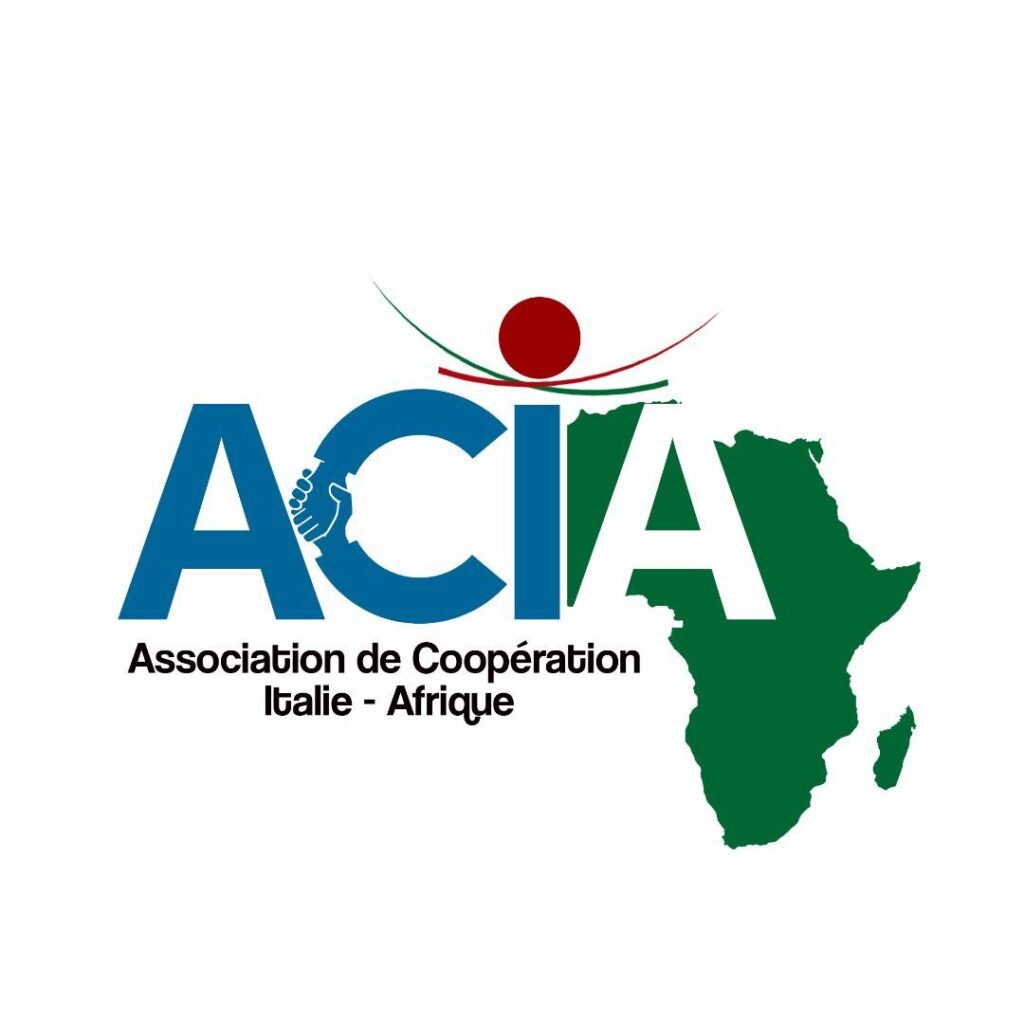Caf, the Football Confederation of African Countries, decided on 30 November that Cameroon will no longer host the 2019 African Cup of Nations (Afcon) due to serious delays in organising the event.
The Caf also states that this decision was taken because of the precarious security situation in the country. The news was given by the president of Caf, the Malagasy Ahmad Ahmad, which explained through an official statement that 'having noted the findings of the inspection team sent to Cameroon, it has determined that Afcon 2019 cannot be exposed to problems that could negatively impact its successful completion'.
Cameroon has fallen too far behind in the work needed to be able to host an African Cup of Nations from 15 June to 13 July next year, meeting the organisational criteria of the continent's most prestigious sporting competition.
There is no denying that organising a large-scale sporting event has very high costs, as well as requiring years of planning and investment to ensure adequate facilities are in place. This is an arduous financial commitment to bear for almost all nations and in particular for Cameroon, which in the world wealth ranking, based on Gross Domestic Product (GDP) - PPP per capita, occupies 183rd position out of 229 countries.
Caf's decision is also a blow to the reputation of a nation with a long football tradition. Since its introduction in the 1920s, football has become Cameroon's national sport. When the national team plays, the streets empty and the bars fill with people. Local football matches are a favourite topic of conversation for Cameroonians, although most matches are not televised.
The growth and popularity of the sport in the African country is due in large part to the past successes of the national team, better known as the Indomitable Lions, where he played Roger Milla who, with his four goals, dragged the Cameroon team to the quarter-finals of Italia '90, where no African team had ever gone before. And he went down in football history for the goal he scored against Russia, which defeated the Lions 6 goals to 1 at the World Cup in USA 1994. When Milla fired the ball into the net defended by Russian goalkeeper Stanislav Cherchesov in the 46th minute of the game, he was 42 years and 39 days old and became the longest-running striker and goleador in World Cup history.
The women's national football team, nicknamed 'The Lionesses', has also done better than any other African team, playing seven World Cup matches and reaching the round of 16 in the last World Cup held in Canada. The men's team's success at the 2000 Sydney Games was also memorable, with the first Olympic gold medal in Cameroon's history.
All this has meant that football in Cameroon has also taken on a political role, as happened in 1990, when the brilliant performance of the Indomitable Lions extinguished the protests of the population against President Paul Biya, who has led the West African country for 36 years.
Research has shown that football in Cameroon plays an important role in building a sense of nationalism and unity. Therefore, Biya decided to declare a national holiday to celebrate the national team's success at the 1990 World Cup.
Nevertheless, Cameroon will not host the African Cup of Nations next summer. A dream shattered due to serious infrastructure delays recorded by Caf inspectors who, at the end of October, ascertained that only four of the six planned stadiums had been built, while three out of five cities did not have accommodation facilities.
But Caf's decision was also influenced by the country's instability, caused by the serious crisis in the two English-speaking provinces, which has dragged Cameroon to the brink of civil war and produced a humanitarian emergency that, according to recent estimates by the United Nations Office for the Coordination of Humanitarian Affairs, has resulted in 436,000 internally displaced persons (IDPs) and forced more than 30,000 civilians to seek refuge in Nigeria.
The repression, conducted by the military during clashes with the various secessionist groups, resulted in the deaths of around 500 civilians and hundreds of insurgents, while at least 185 members of the security services lost their lives in armed attacks by the rebels.
Caf would, however, have proposed to Cameroon to stand ready, eventually, to host the 2023 edition of the African Cup of Nations. But if the African country does not find a solution to the Anglophone issue in the meantime, it is highly likely that the important sporting event will be held in Guinea Conacry, to which it has already been assigned.






